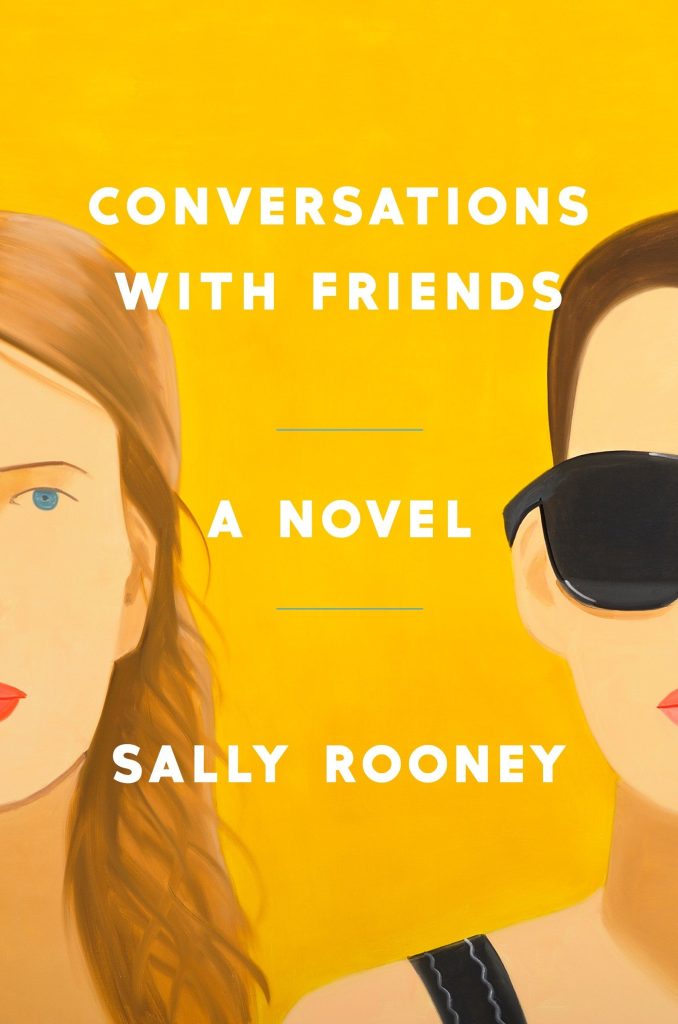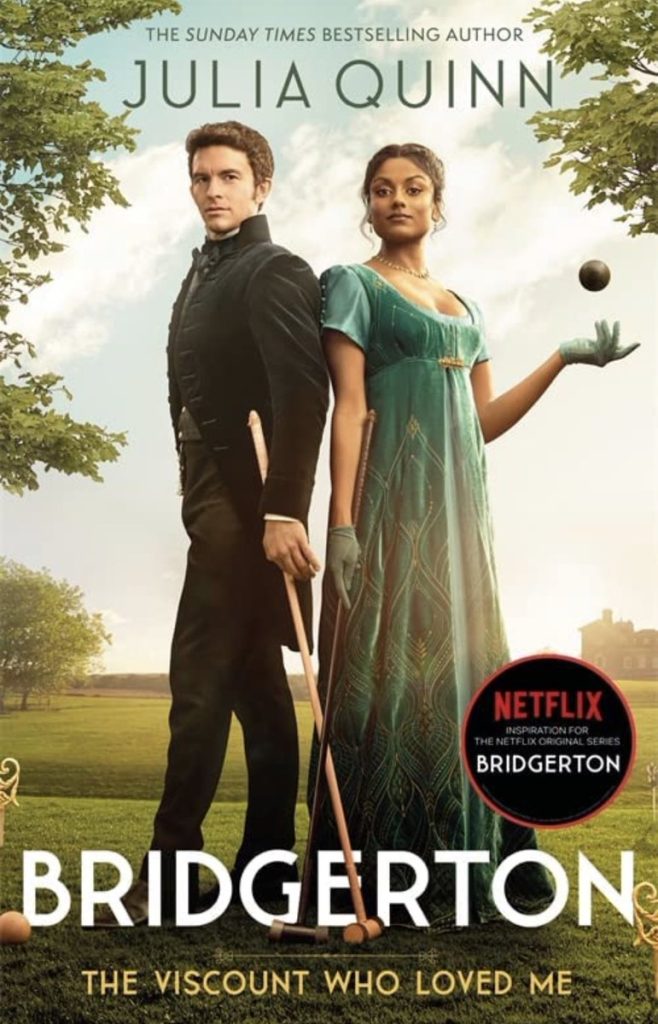On May 15, Prime Video released Conversations with Friends, the latest Hulu/BBC television adaptation of Irish author Sally Rooney’s work. Based on the novel of the same name, Conversations with Friends is saddled sophomore syndrome (despite having been published first); when Normal People was released shortly after the first lockdown in 2020, it found an immediate audience in those of us (read: everyone) trapped inside with little else to do but stream series after series (after series). It was a fortuitous combination of right place and right time. Following the lives of students Marianne and Connell in Sligo and Dublin, the show’s low-key, meditative ambience made for gentle watching, while the depiction of ordinary city life allowed viewers to channel our yearning for what, only a month prior, we had taken for granted as normal—with no return date in sight. Conversations with Friends, therefore, has the unenviable role of following a surprise hit. So, does it fill those big shoes? Unfortunately (perhaps predictably), no.
I will confess, when BBC first announced their plan to adapt Normal People for the small screen, I was skeptical. I’m not someone who believes that the book is always better (some things just work better on the screen), but I just couldn’t envision Rooney’s sparse, methodical prose translated in any sort of visually compelling way. I will happily admit to being proven wrong—dramatically so! What the show does with Rooney’s work truly deserves the old cliché “bringing the novel to life”. Though all of Rooney’s characters are flawed and well-rounded, there is a deliberate lack of emotionality in her writing that the show makes up for. Take, for example, the scene where Connell goes to therapy. In the book, the narration transcribes the situation from an impassive distance, and we only find out Connell is crying at the end of the passage. Now contrast that with the show’s interpretation, where we watch intimately as Connell breaks down in real time.
But where Normal People gains something from its adaptation, Conversations with Friends loses something. The novel is a highly interior account of a friendship and an affair from main character Frances’s (another Dublin student) perspective. It’s not so much about what happens as it is about how she digests and responds to things internally. The show adopts the sombre, pensive atmosphere of Normal People, but it doesn’t really work here. Frances is not an outwardly emotive person, and neither is Nick, her love interest (he is astutely called “pathologically passive” by his much more interesting wife). What we end up with is silence. And silence. And more silence. It takes until the halfway point for Nick to do more than just grunt “yeah” in a hoarse whisper. At one point, Frances’s best friend and ex-girlfriend Bobbi says to her, “You know how your whole silent thing makes everyone think you’re enigmatic and interesting?” It’s just…not true. It’s frustrating! And it makes her seem bland.
Continue reading

